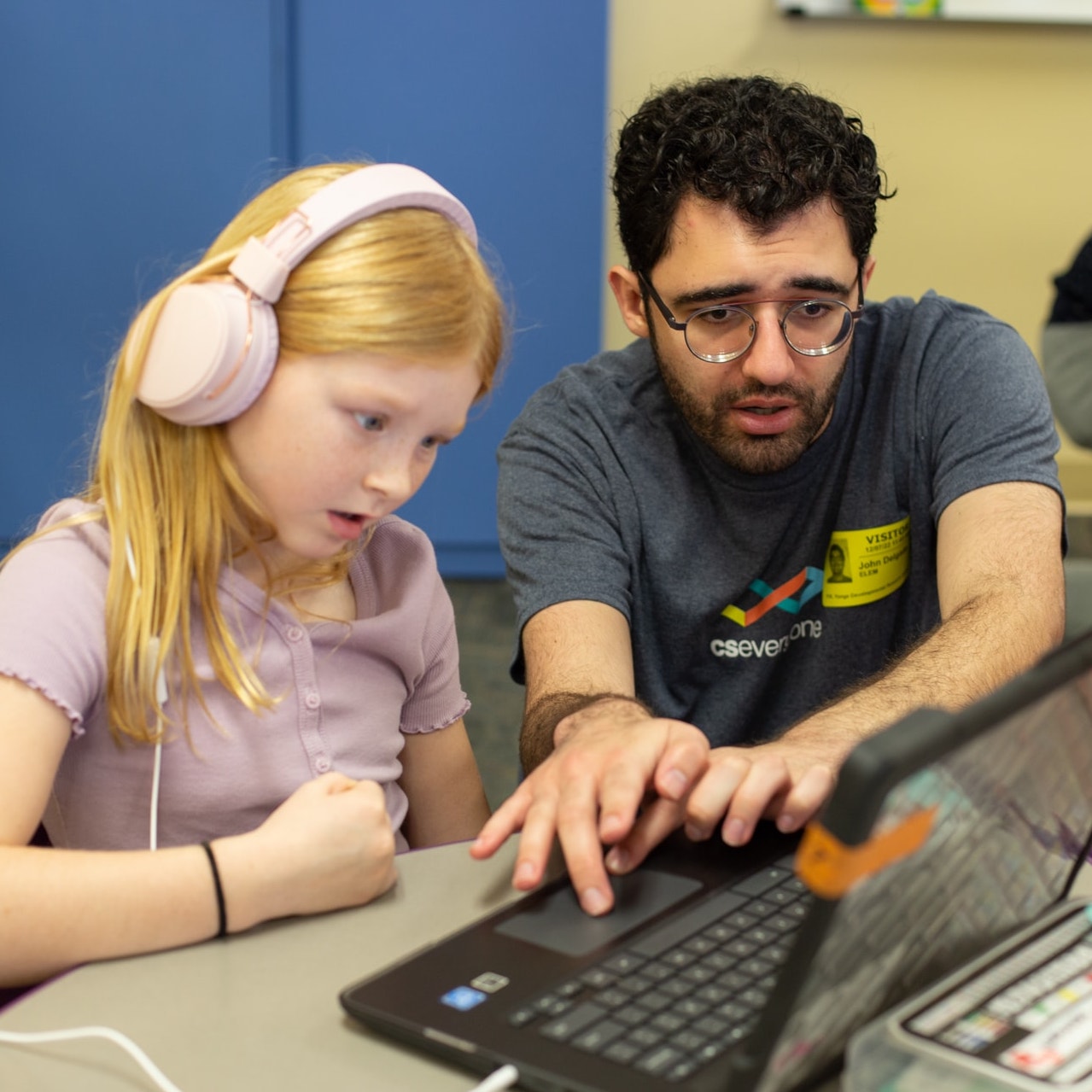Empowering CS Education
TACTICS-
Pioneering Accessible Computer Science
Mission of the Project
Our collaborative research Teaching All Computer Science Through Inclusion and Collaboration with Special Education (TACTICS) addresses the vital need to support teachers’ ability to broaden participation of learners with disabilities in CS education during the earlier grades. Utilizing the inclusive design frameworks of Universal Design for Learning (UDL) and High Leverage Practices (HLPs) will provide opportunities to bring other marginalized learners into elementary CS education. Our overarching goal is to increase the level of meaningful engagement and learning of 4th and 5th grade students with disabilities in CS education by addressing the complexity of how people facilitate other people’s STEM learning.
Research
Spotlight Story
About Us
The University of Florida (UF) is partnering with Arizona State University (ASU) and the Center for Applied Special Technology (CAST) to focus on two school districts in Arizona, a state with more than 1 million students, 45% Hispanic, and 11% students receiving special education. The elementary years are a critical time for a child’s formation of positive attitudes toward the science, technology, engineering, and mathematics (STEM) areas. Several studies indicate that high school students interested in STEM careers, as well as graduate students in the sciences, report that their interest in STEM was initiated by experiences prior to or during middle school (Aschbacher et al., 2010; Maltese & Tai, 2010). When interest is not established early, there can be a marked decline in positive attitudes as students move to high school (George, 2000). Hence, we focus on the 4th and 5th grade years as this is the time when students begin to consider whether to opt in or out of future STEM experiences (Penner & Paret, 2008).
Resources

The UDL Guidelines

The Structure (4 Domains/22 HLPs)

Universal Design for Learning Guidelines for Computer Science Education
The UF CS Everyone Center for Computer Science Education developed a table combining the Universal Design for Learning (UDL) 3.0 guidelines tailored for K-12 computer science (CS) education. The table offers actionable strategies across multiple means of engagement, representation, and action & expression, designed to maximize learning environments. The guidelines address learner agency by focusing on areas such as welcoming interests, providing multiple modalities, and supporting effective interaction in CS classrooms.
